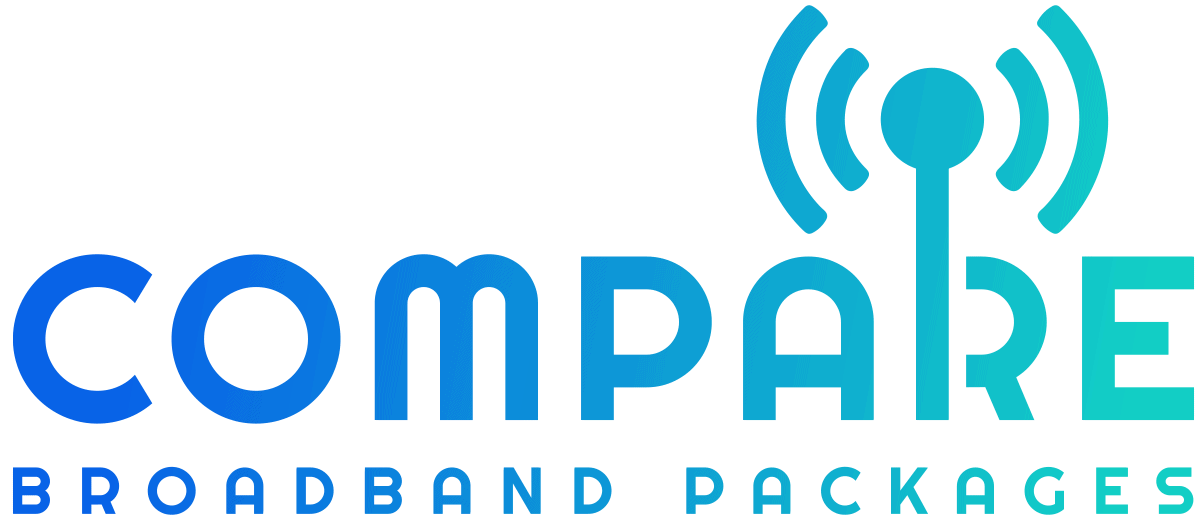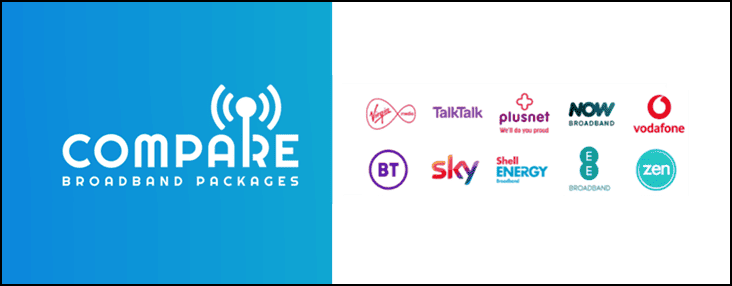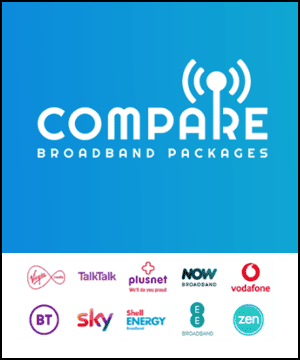Study Claims 40 Percent of UK 5G Mobile Connections Are Really 4G
Recent studies have raised notable questions about the true nature of 5G mobile connections in the UK, revealing that approximately 40 percent of what is labeled as 5G is, in fact, still operating on 4G technology. This revelation not only sheds light on the current state of network infrastructure but also impacts consumer perceptions and expectations regarding the capabilities of 5G networks.
The Findings of the Study
According to a extensive analysis conducted by a leading telecommunications research firm, a staggering percentage of mobile connections advertised as 5G are essentially leveraging 4G LTE capabilities. The report indicates that mobile devices which claim to access 5G networks frequently connect to the existing 4G infrastructure when testing for speed and connectivity.
Understanding the Implications
The implications of this study are manifold, affecting consumers, businesses, and network providers alike. Key points to note include:
- Consumer Expectations: Many consumers assumed that with the rollout of 5G technology, they would experience significantly faster mobile data speeds. This report challenges those assumptions, showing that users may not be benefiting as much as they anticipated.
- Network Efficiency: The study highlights potential inefficiencies in network management and the need for companies to optimize their infrastructure to provide genuine 5G services.
- Investment Considerations: Investors and stakeholders may need to reassess the performance and growth of telecom companies, knowing that a large portion of their 5G connections might still be relying on older technologies.
Technological Context
The technology behind 5G is indeed a progression from 4G, promising lower latency, higher speeds, and the ability to connect a greater number of devices concurrently. Though,the gradual transition to this next-generation infrastructure has revealed a challenging landscape:
- Infrastructure Progress: Building a comprehensive 5G network requires considerable investment and time. Many telecom providers are still in the early stages of deploying this infrastructure.
- Hybrid Networks: As networks evolve, hybrid systems combining 4G and 5G may become commonplace, leading to confusion among consumers regarding the quality of their connections.
Statistics Supporting the Findings
The research reveals crucial statistics that underscore the disconnect between marketed 5G services and actual performance. Specifically:
| Aspect | Percentage |
|---|---|
| Connections Advised as 5G | 60% |
| Connections Actually Using 4G | 40% |
| Users Experiencing true 5G Speeds | Less than 30% |
These figures demonstrate a significant discrepancy between service provision and actual consumer experience.
Expert Insights
An industry expert from the telecommunications field remarked, “While 5G has the potential to revolutionize mobile interaction, the current reality indicates that many users are still interacting primarily with 4G technology. It’s critical for providers to ensure transparency about what services consumers are truly receiving.”
This outlook emphasizes the necessity for companies to improve their service delivery and ensure that consumers understand the technology they are using.
Consumer Awareness and Future Outlook
Given these findings, consumer awareness is key. Potential customers seeking to connect to 5G services should be informed about the possibility of still relying on 4G infrastructure. Furthermore, as carriers enhance and expand their networks, consumers can expect real advancements in the capabilities and reach of 5G technologies.
the study sheds light on a crucial aspect of the ongoing 5G rollout in the UK, revealing that a substantial amount of what is marketed as next-gen connectivity may not be delivering on its promise. Awareness and continued investment in infrastructure will be integral to realizing the full potential of 5G.











